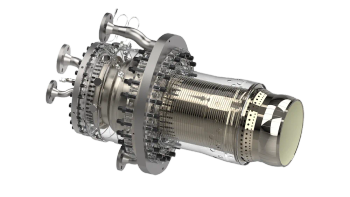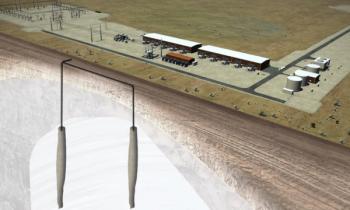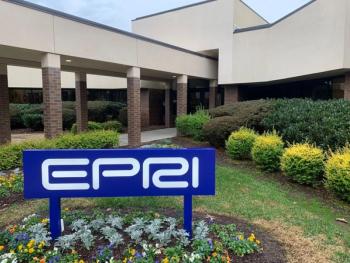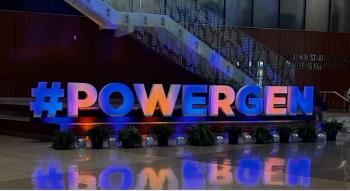
QatarEnergy, Nakilat Sign Agreements for LNG Vessel Operation
According to the 15-year time-charter party agreements, Qatar Gas Transport Company (Nakilat) will own and operate 25 LNG vessels for affiliates of QatarEnergy.
QatarEnergy and Nakilat signed a series of time-charter party (TCP) agreements for the operation of 25 conventional LNG vessels, building on a previous ship-owner tender in line with QatarEnergy’s LNG Fleet Expansion Program. President and CEO of QatarEnergy, Saad Sherida Al-Kaabi, and CEO of Nakilat, Abdullah Al Sulaiti, signed the TCP agreements at a ceremony held in Doha.
“These agreements firm up last month’s selection of Nakilat as the owner and operator of up to 25 conventional-size LNG carriers, underscoring our continued confidence in Qatar’s flagship LNG shipping and maritime company,” said Saad Sherida Al-Kaabi, the Minister of State for Energy Affairs, the President and CEO of QatarEnergy. “This is a testament to Nakilat’s capabilities as well as to the significant contributions of Qatari listed companies to our country’s national economy.”
Hyundai Heavy Industries (HHI) is building 17 of the 25 LNG vessels at its shipyards in South Korea and the remaining eight vessels are being constructed at Hanwha Ocean, also in South Korea. Each vessel has an LNG capacity of 174,000 cubic meters and will be chartered out by Nakilat to affiliates of QatarEnergy under the 15-year TCP agreements.
“The agreements we signed today play an important role in implementing QatarEnergy’s LNG shipping program, which will cater for our future requirements, as we move forward with the expansion of our LNG production capacity to 142 million tons per annum (mtpa) by 2030, ensuring additional cleaner and reliable energy supplies to the world,” said Al-Kaabi.
In February 2024,
At the time, Al-Kaabi expressed his satisfaction with the newly established partnership: “We are pleased to announce this partnership with Nakilat, which reflects our confidence in Qatar’s flagship LNG shipping and maritime company. We are equally proud to see this LNG transportation compete as part of a global tender and be able to win on a competitive basis.”
In 2022, QatarEnergy signed a number of TCPs for the long-term charter and operation of 60 LNG vessels, representing the initial phase of its fleet expansion program to meet requirements for the North Field East and North Field South projects. In addition to adding new vessels for its LNG fleet, QatarEnergy’s trading program is designed to replace older vessels from the existing Qatar LNG fleet.
The expansion and chartering of its LNG fleet will support the increase of
“QatarEnergy has focused its efforts and attention on determining how far west the North Field’s productive layers extend in order to evaluate the production potential from those areas. We have continued geological and engineering studies and have drilled a number of appraisal wells in that area,” said Al-Kaabi. “I am pleased to announce that these efforts have confirmed, through technical tests of the appraisal wells, the extension of the North Field’s productive layers further towards the west, which means the ability to produce significant additional quantities of gas from this new sector.”
Newsletter
Power your knowledge with the latest in turbine technology, engineering advances, and energy solutions—subscribe to Turbomachinery International today.




